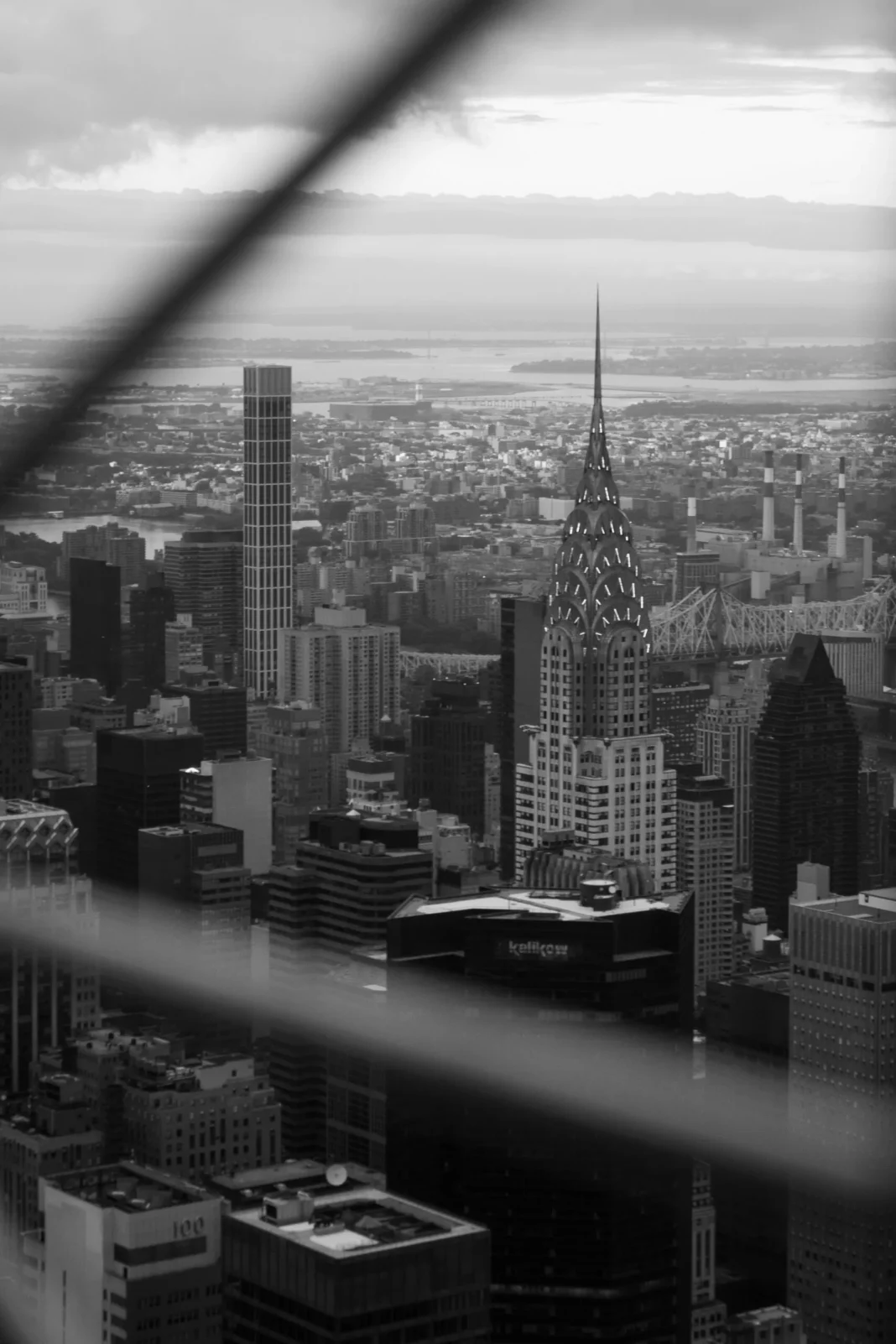When we think of the mafia, we often picture powerful crime bosses, lavish lifestyles, and ruthless violence. The media has long romanticized this criminal underworld, portraying it as a glamorous and exciting way of life. However, the award-winning series, The Sopranos, took a different approach. It showed the mafia for what it truly was – a dangerous and corrupt organization that operated in the shadows of society. And in doing so, it shed light on the disturbing reality of how the mafia influenced and controlled even the highest levels of government.
At the center of The Sopranos was Tony Soprano, the fictional crime boss of the North Jersey crime family. He was a complex character, struggling to balance his personal and professional life while dealing with mental health issues. But what made Tony Soprano stand out was his ability to use his power and influence to manipulate and control those around him, including politicians.
Throughout the series, we see Tony Soprano using his connections and wealth to endorse political candidates and influence elections. He was not shy about using his criminal activities to gain leverage and get what he wanted. And unfortunately, this is not just a fictional storyline. The mafia has a long history of involvement in politics, and The Sopranos accurately portrayed this reality.
One of the most significant examples of this was in Season 4 when Tony Soprano endorses the incumbent mayor of Newark, New Jersey, for re-election. The mayor, who is facing a tough opponent, is in desperate need of financial support for his campaign. Tony sees this as an opportunity to gain favor with the mayor and secure his own interests in the city. He offers to donate a large sum of money to the mayor’s campaign in exchange for a favor – the mayor’s support in a construction project that Tony wants to undertake.
The mayor, who is aware of Tony’s reputation and power, agrees to the deal. He knows that having the support of a powerful crime boss like Tony Soprano could make or break his re-election campaign. And just like that, Tony Soprano becomes a key player in the political landscape of Newark.
This storyline may seem far-fetched, but it is not far from the truth. The mafia has a long history of influencing elections and controlling politicians. They use their wealth and connections to gain favor and manipulate the political system to their advantage. And unfortunately, this is not just a problem of the past. Even today, there are reports of the mafia’s involvement in local and national politics.
The Sopranos did an excellent job of shedding light on this issue and showing how the mafia’s influence reaches even the highest levels of government. It was a wake-up call for many viewers who may have been unaware of the extent of the mafia’s power and corruption. And it also served as a reminder that we must always be vigilant and aware of the potential dangers of organized crime.
But The Sopranos did more than just expose the mafia’s involvement in politics. It also showed the consequences of this corruption. In the series, we see how the mayor’s decision to align himself with Tony Soprano ultimately leads to his downfall. He becomes entangled in the mafia’s criminal activities and is eventually exposed, ruining his political career and reputation.
This is a powerful message that highlights the dangers of allowing organized crime to infiltrate our political system. It shows that the consequences of such actions can be severe and far-reaching, affecting not only the individuals involved but also the entire community.
In conclusion, The Sopranos was not just a TV show about the mafia. It was a thought-provoking and eye-opening series that accurately portrayed the reality of organized crime and its influence on politics. And through the character of Tony Soprano, it showed how the mafia could use its power and influence to endorse political candidates and manipulate the political landscape. It was a stark reminder that we must always be vigilant and stand against corruption in all its forms.

